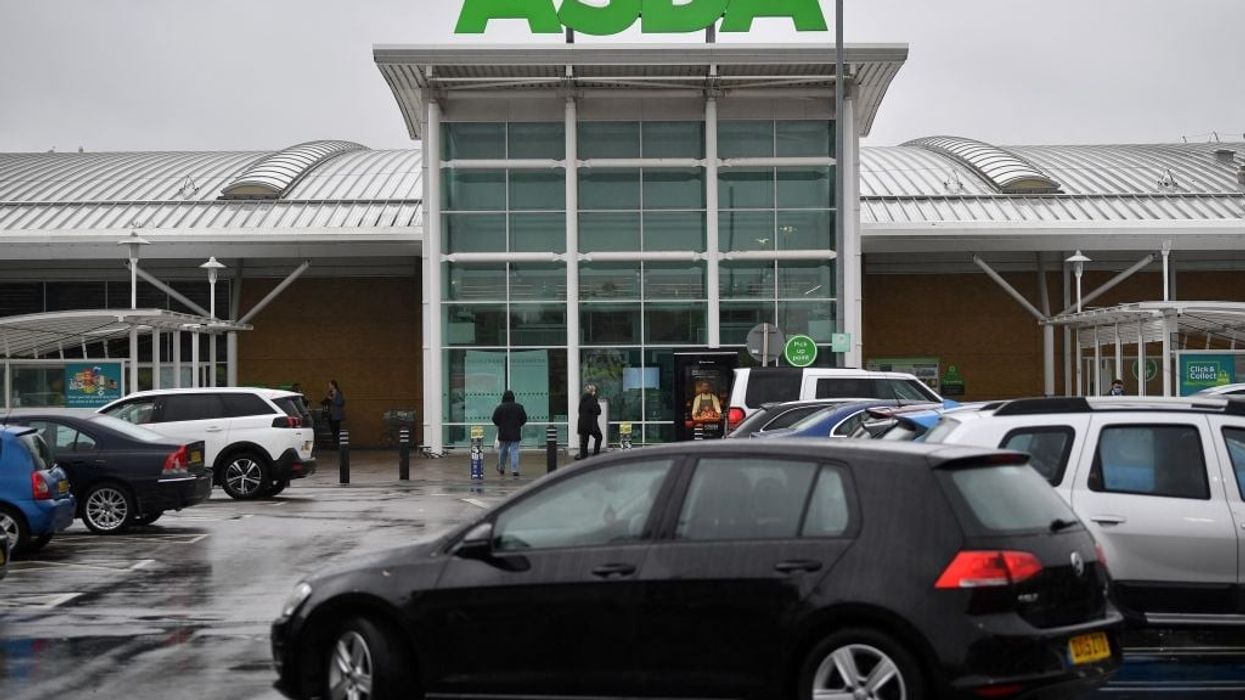THE chairman of Asda has admitted the supermarket chain still faces challenges after sales slipped again over the summer, but said the completion of a major IT overhaul was crucial for its recovery.
Allan Leighton told the Times that the long-delayed technology project, called Project Future, had finally been finished after years of setbacks and costs exceeding £1 billion. The work involved separating more than 2,500 systems inherited from former owner Walmart, following Asda’s 2021 takeover by TDR Capital.
Describing the programme, he said it might be “the biggest IT systems change, certainly in Europe, maybe ever”. He added: “The cost is material, but largely that is now behind us.”
The supermarket acknowledged that the switchover had caused “temporary disruption with product availability” both online and in stores, which would weigh on sales through to September.
Leighton explained: “We’ve been doing 50 stores a week, every week, for 10 weeks. The collective scale of that does cause some friction… so that’s where the impact has been.”
Leighton, who rejoined Asda last November after previously leading the business in the 1990s, has focused on price cuts and improving stock levels. He said he did not expect “any miracles” but stressed that completing the IT work and reducing distractions was “very critical” for the turnaround.
Asda has been pouring money into a Rollback programme of price reductions to compete with Tesco, Sainsbury’s and the fast-growing discount chains Aldi and Lidl. The grocer said its average reduction under the scheme was about 22 per cent.
He also voiced concern about government policy, warning that chancellor Rachel Reeves’s approach could push up prices. “There’s no doubt all of this is hitting the pocket of the consumer. And when that happens, that’s not particularly good for anybody. I think there’s more gloom than we’ve seen for a long time,” he was quoted as saying. He added that Reeves risked driving up food bills by “taxing everything in some way shape or form.”
Sales at Asda fell 0.2 per cent in the three months to June 30, excluding fuel, while turnover edged down to £5.3bn. Earlier in the year, sales had fallen nearly 6 per cent.
Data from research firm Kantar showed the supermarket’s market share dropped further over the summer, with sales down 2.6 per cent. Aldi is now close to overtaking Asda as the UK’s third-largest grocer.
Leighton pointed to other parts of the business as bright spots. George, Asda’s clothing and homeware arm, posted 2.5 per cent like-for-like growth, while its convenience format Asda Express rose 8.6 per cent, outpacing the wider market. “We’re more than just a supermarket,” he said, highlighting its clothing stores, cafés and opticians.
Retail analyst Clive Black of Shore Capital said, “Asda’s Q2 performance is not yet at a stage of putting up the bunting, but we are pleased to see for all those in Leeds the signs of improvement, which we anticipate will now follow through into forthcoming quarters.”





